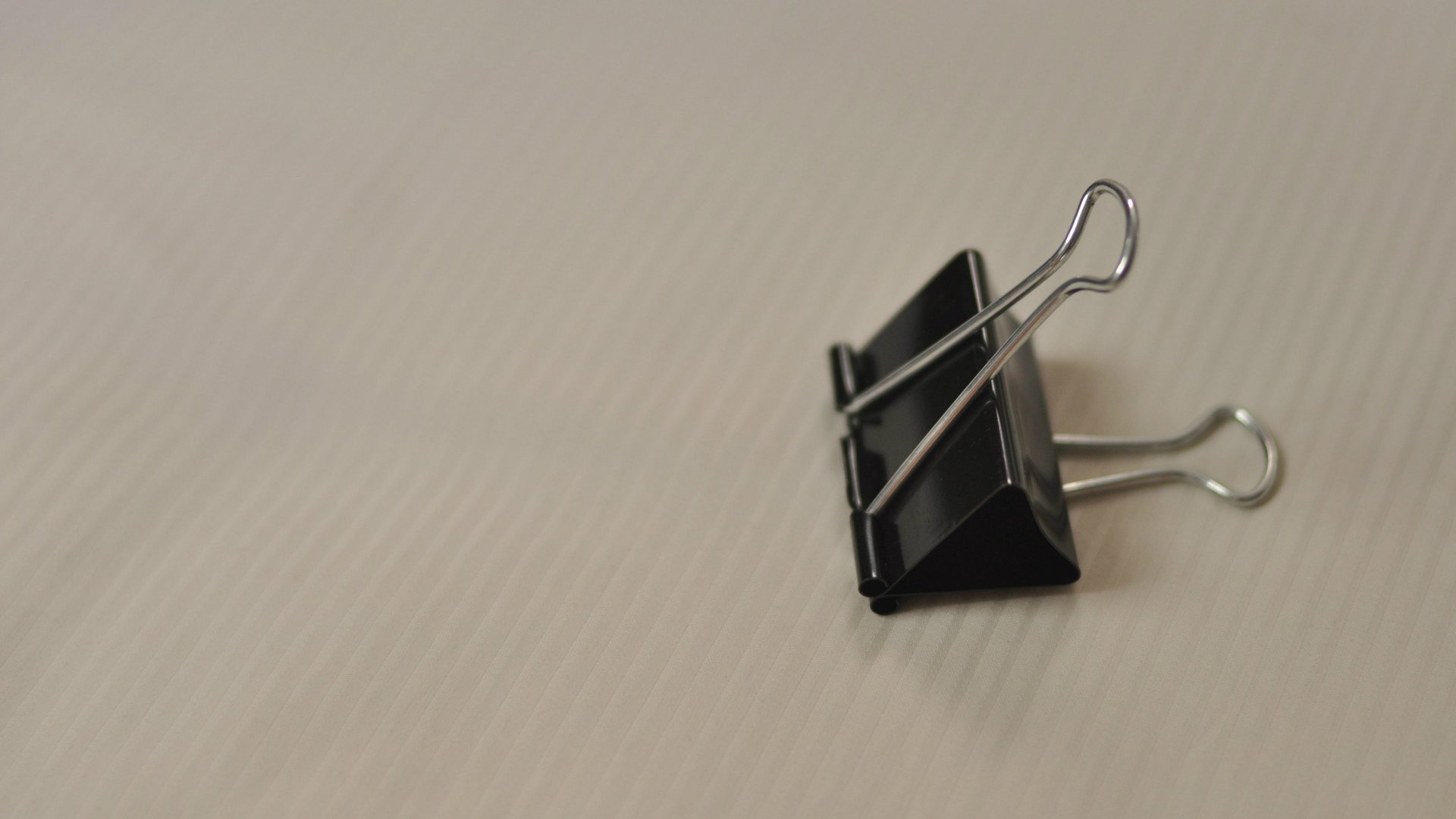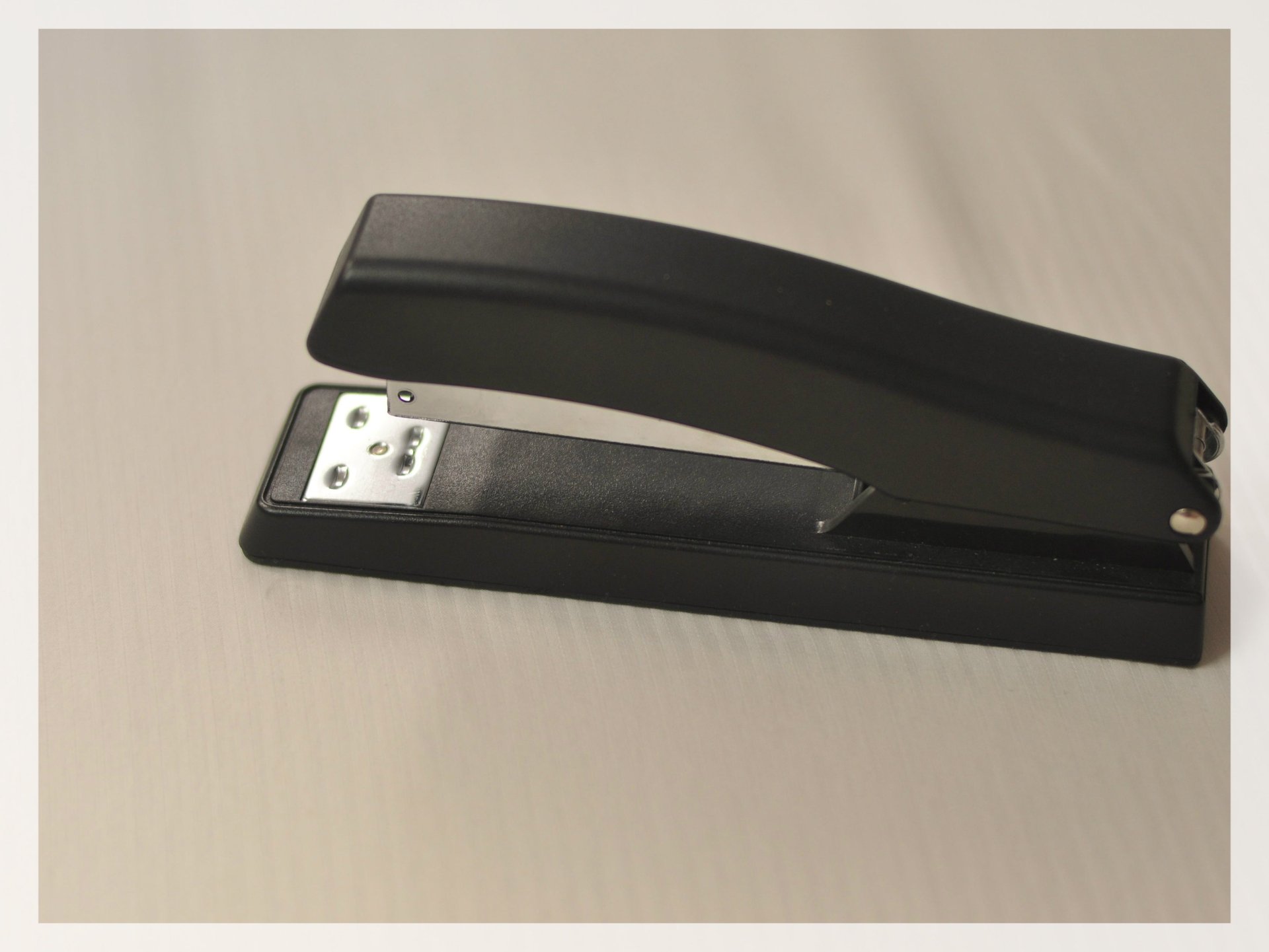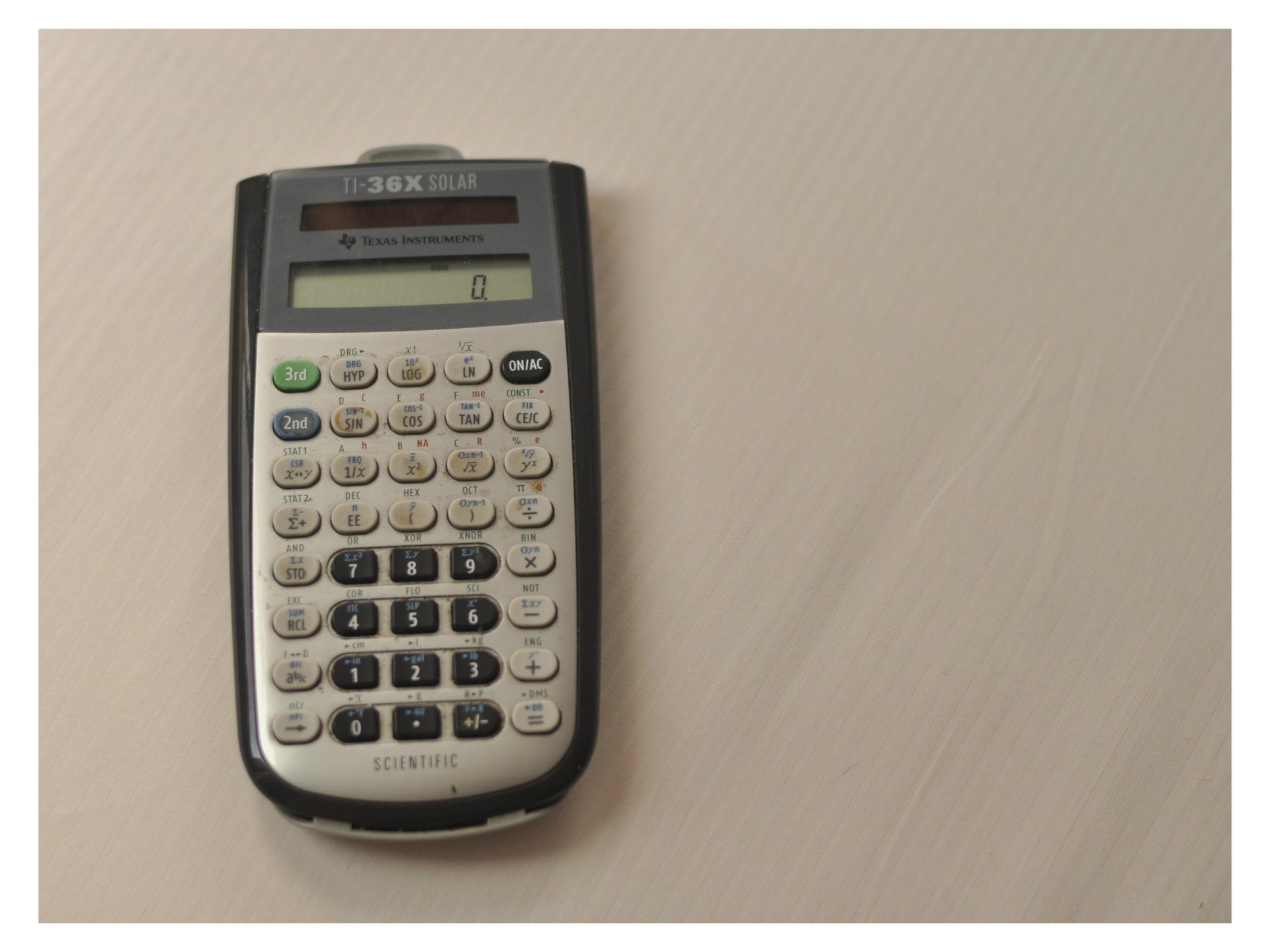A Muji designer explains why your stapler is perfectly designed
The next time you’re shopping for a new lamp or chair, don’t think about color; think about honesty. Don’t look for the most beautiful, outrageous design; instead, seek stability. Don’t go bold; go normal.


The next time you’re shopping for a new lamp or chair, don’t think about color; think about honesty. Don’t look for the most beautiful, outrageous design; instead, seek stability. Don’t go bold; go normal.
These are some of the principles that inform the work of legendary product designer Naoto Fukasawa. The former head of IDEO Toyko and long-time advisor to Japanese lifestyle brand Muji, Fukasawa is a formidable force in the world of contemporary design, famous for his clever wall CD player and friendly humidifier.
A career minimalist, Fukasawa thinks that when we buy new things, we should look for what’s “just enough.”
And by “enough,” he really means enough.
At an Oct. 15 event to celebrate the opening of Muji’s flagship store in New York next month, Fukasawa gave a talk titled “Muji is enough,” explaining the company’s design philosophy to a sold-out crowd. The original name for the company, he noted, was Mujirushi Ryohin, meaning, “unbranded, quality goods.”
He rattled off a string of epigrammatic phrases that inspired his work for Muji: “the satisfaction of tidying up”; “mental stability by daily routines”; “richness in having the bare minimum.” Good design, concluded Fukasawa, lies in caring about the details of life.
So Quartz decided to put a few details of office life to the test. We asked Fukasawa to rate a handful of everyday office supplies on the quality of their design. The selection was a mix of simple objects we thought he might like, like thumb tacks, and more complicated contraptions, like a shipping-tape dispenser.
The results:
The stapler, Fukasawa told Quartz, is “an inevitable form.” With its little open mouth an invitation for paper and its smooth handle offering a satisfying punch, the common stapler has stood the test of time.
“No one would misunderstand how to use it; it’s very intuitive,” said Fukasawa.

The thumbtack, he judged, was “pure…already iconic and a common archetype.” A binder clip was reviewed in less glowing terms, but nonetheless, Fukasawa said: ”We don’t need to change it.”
He called the tape dispenser “pretty honest.”
But when it came to our calculator, the august designer remarked that it had “too much design” and that the shape was “not necessary.” He suggested we do tests to determine the appropriate size for the keys.

Back in 2006, it’s worth noting, Fukasawa tried his hand at a new calculator design with this elegant version.
Fukasawa is a proponent of “Super Normal,” a concept he coined with designer Jasper Morrison for two 2006 exhibitions in London and Tokyo, and developed in their 2007 book Super Normal: Sensations of the Ordinary (Lars Müller Publishers). In it, Fukasawa explains:
“‘Super Normal’ is less concerned with designing beauty than seemingly homely but memorable elements of everyday life. Certainly nothing ‘flash’ or ‘eye-catching’; never contrived, but rather almost ‘naff’ yet somehow appealing.
As if, when viewing something with expectations of a new design, our negative first impressions of ‘nothing much’ or ‘just plain ordinary’ shifted to ‘…but not bad at all.’”
While we can’t take any credit for the aesthetic appeal of the office supplies rated by Fukasawa, readers in offices everywhere can now rest assured that an environment of ”nothing much” and “just plain ordinary” items can be, from a design perspective, not bad at all.